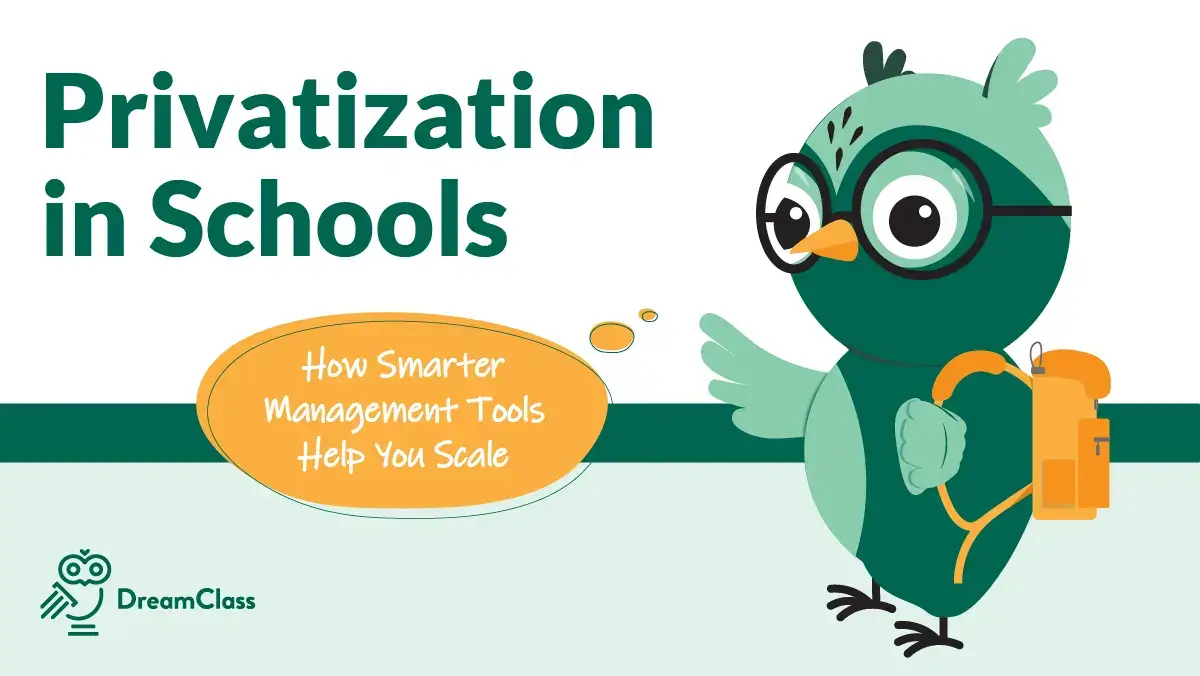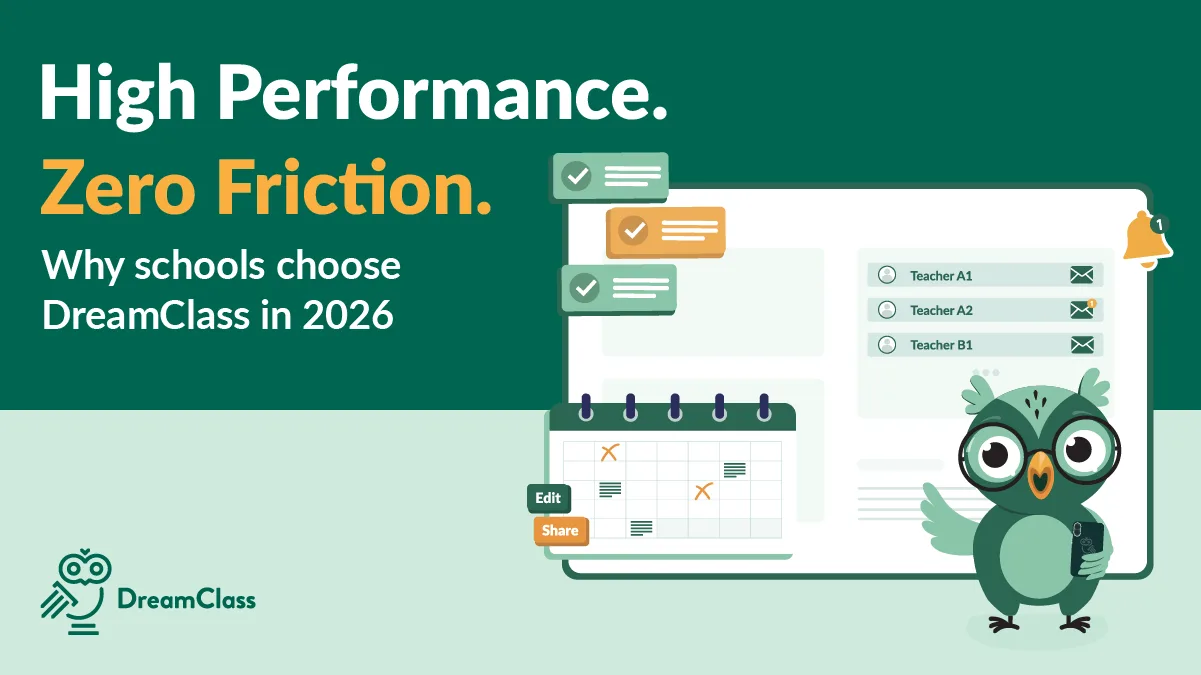
The educational landscape in the United States is shifting rapidly. One of the most prominent trends is privatization in schools—a transformation reshaping the structure and purpose of K–12 education. With private schools, charter networks, and voucher-supported institutions expanding, the demand for effective, tech-enabled administration has never been more urgent.
This is where platforms like DreamClass step in.
What is Driving Privatization in Schools?
Privatization in education has accelerated due to:
- A growing demand for parental choice and personalized learning pathways
- Innovative pedagogical methods that go beyond public system constraints
- Adoption of educational technology that supports remote and hybrid models
- Desire for smaller class sizes and safer, more flexible learning environments
Privatized public schools, such as charters and voucher-funded institutions, often blend public funding with private governance. While they promise innovation and flexibility, they also face unique administrative burdens. Without the legacy systems of traditional school districts, they must build scalable operations from the ground up.
What Challenges Do Privatized Schools Face?
Operators of private and charter schools—especially new founders who lead, say, a 40–100 student K–12 school with limited staff—often struggle with:
- Managing rapid enrollment without manual bottlenecks
- Maintaining real-time visibility on attendance, performance, and tuition
- Building communication bridges between educators, parents, and students
- Coordinating complex schedules across classrooms and grade levels
- Consolidating administrative and academic data in one place
Similarly, seasoned administrators running, say, a 180-student private school, juggle multiple disconnected systems and face tech fatigue from clunky legacy platforms.
These challenges can compromise both educational quality and institutional credibility.
How DreamClass Helps Solve the Challenges of Privatization in Schools?
DreamClass provides a robust school management system designed for the dynamic needs of privatized schools. It simplifies and centralizes your operations, allowing educators to focus on teaching and founders to focus on growth.
Here’s how:
Great Product and Support Team!
Classroom management, grade book, online registration/enrollment, invoicing and online payments.
Headmaster Primary/Secondary Education
1. Automate Enrollment & Admissions
Digitize your entire enrollment pipeline. With DreamClass, administrators can manage applications, approvals, and new student onboarding through one seamless interface.
2. Real-Time Attendance Tracking
Monitor student attendance as it happens. Teachers can mark presence digitally, while parents stay updated through automated notifications.
3. Grading and Assessments
Streamline grading workflows. Create digital assessments, maintain gradebooks, and auto-generate report cards—all shareable with parents.
4. Unified Student Profiles
Consolidate academic, behavioral, and financial records for every student. Access comprehensive insights in one centralized dashboard.
5. Faculty and Payroll Management
Assign staff to classes and manage contracts, salaries, and payments—all from within DreamClass.
6. Custom Timetables and Scheduling
Craft personalized schedules, group students, and host online classes with just a few clicks.
7. Integrated Financial Operations
Handle tuition payments, track invoices, and monitor payroll through a built-in financial system tailored for educational institutions.
Embrace Efficiency in the Era of Educational Change
Whether you’re managing a fast-growing charter network or launching a boutique private school, DreamClass equips you with the operational backbone needed to scale and succeed. From real-time attendance to robust financial oversight, it’s the all-in-one solution that helps your school thrive.
Book a free demo today and see how DreamClass empowers your school in the evolving world of education.
FAQ
Frequently Asked Questions
What does privatization in schools mean?
Privatization refers to the shift from public governance to private management of educational institutions, including charter schools, voucher programs, and independent private schools.
Is school privatization effective?
While privatized schools often offer more flexibility and innovation, their success depends heavily on efficient management, community engagement, and academic outcomes.
Do privatized public schools still receive public funding?
Yes. Many charter schools and voucher-based institutions receive taxpayer funding while operating under independent management structures.
Why do privatized schools need specialized management software?
Because they operate without centralized district support, these schools need tools to manage enrollment, finances, scheduling, and communication efficiently.
What happens when schools are privatized?
In a nutshell, privatization shifts school management to private organizations, often introducing market-driven practices, maybe increased autonomy, varied funding models, and performance-based oversight. It may, potentially, change accountability, enrollment processes, and resource allocation.
What is an example of privatization of education?
A common example is, say, a privately operated charter or independent school funded through public or private sources, but managed outside traditional government school systems.
Is privatization good in the education industry?
Its impact varies. Privatization has the potential to increase innovation, flexibility, and choice, but there are also concerns, which include equity, access, and consistency in quality; depending on oversight and implementation.



